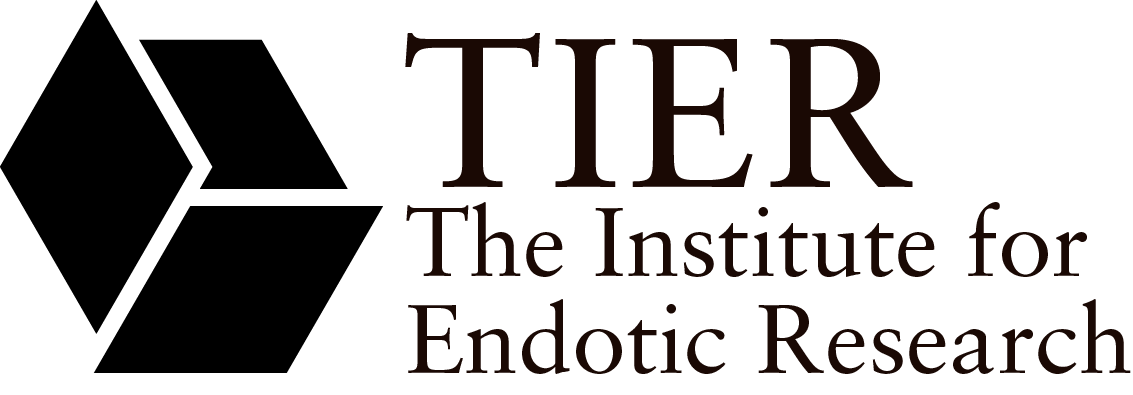 Encounter: Concerning Revolution. Session 2 with Mokia Dinnyuy Manjoh and Haytham el-Wardany. Organized by Lama El Khatib and Sarah Zeryab
Encounter: Concerning Revolution. Session 2 with Mokia Dinnyuy Manjoh and Haytham el-Wardany. Organized by Lama El Khatib and Sarah Zeryab
Event cancelled by the organizers.
Message from the organizers: Due to the current circumstances, we have decided to cancel tonight’s event. Freedom for all people from tyranny and colonialism.
*********
Date: Sunday, December 8th
Time: 18:00-20:00
Concerning Revolution is an invitation to gather around films, sounds, writings, and other formats. Taking these visual, sonic, or discursive contributions as entry points, each event of the series seeks to speak to the urgencies, questions, concerns, and confrontations that emerge from this moment’s heightened — and globally expanded — formations of mass killing, repression, and policing. Neighbours, comrades, and friends are called on to join, share, and disseminate.
The second session of Concerning Revolution brings together sounds and words, focusing on listening and reading practices.
Organize in collaboration with Archive Books.
BIOS
Haytham el-Wardany is a writer and translator, living and working (still) in Berlin. He spent the last year listening to talking animals, in fables and elsewhere, and learned from them how to speak in moments of danger.
Lama El Khatib is a writer and cultural practitioner. She has been trained in architecture and studied art history and philosophy at the American University of Beirut. She is currently pursuing an MA in philosophy at the Freie Universität Berlin. Her research and practice focus on questions and histories of labor and economy, and on relations of debt and state.
Mokia Dinnyuy Manjoh (b. Bafoussam, 1994) is a writer, cultural worker and recovering “international development professional” based in Berlin. Mokia’s work is predominantly informed by the struggles of his people against poverty and displacement and their root causes as well as the interrelations of struggle across the African and Arab world. He relies heavily on the literary and artistic legacies left behind by people who have waged war against colonialism for decades and works to find ways to permit their work to grow as it must. His particular focus is on the struggle to seize narrative power from the self-proclaimed humanitarians of the continuously colonising world.
Sarah Zeryab is a Palestinian artist and filmmaker whose work spans various forms of media, with a focus on films, video, sound, and text. Through audio-visual and spatial tools, her practice revolves around narrating and re-narrating the affective and aesthetic materializations of loss, statelessness, resistance, and exile. Grounded in personal experiences of refuge, her work examines the tension between private and communal spaces, especially when these spaces no longer exist or have become ruins.
